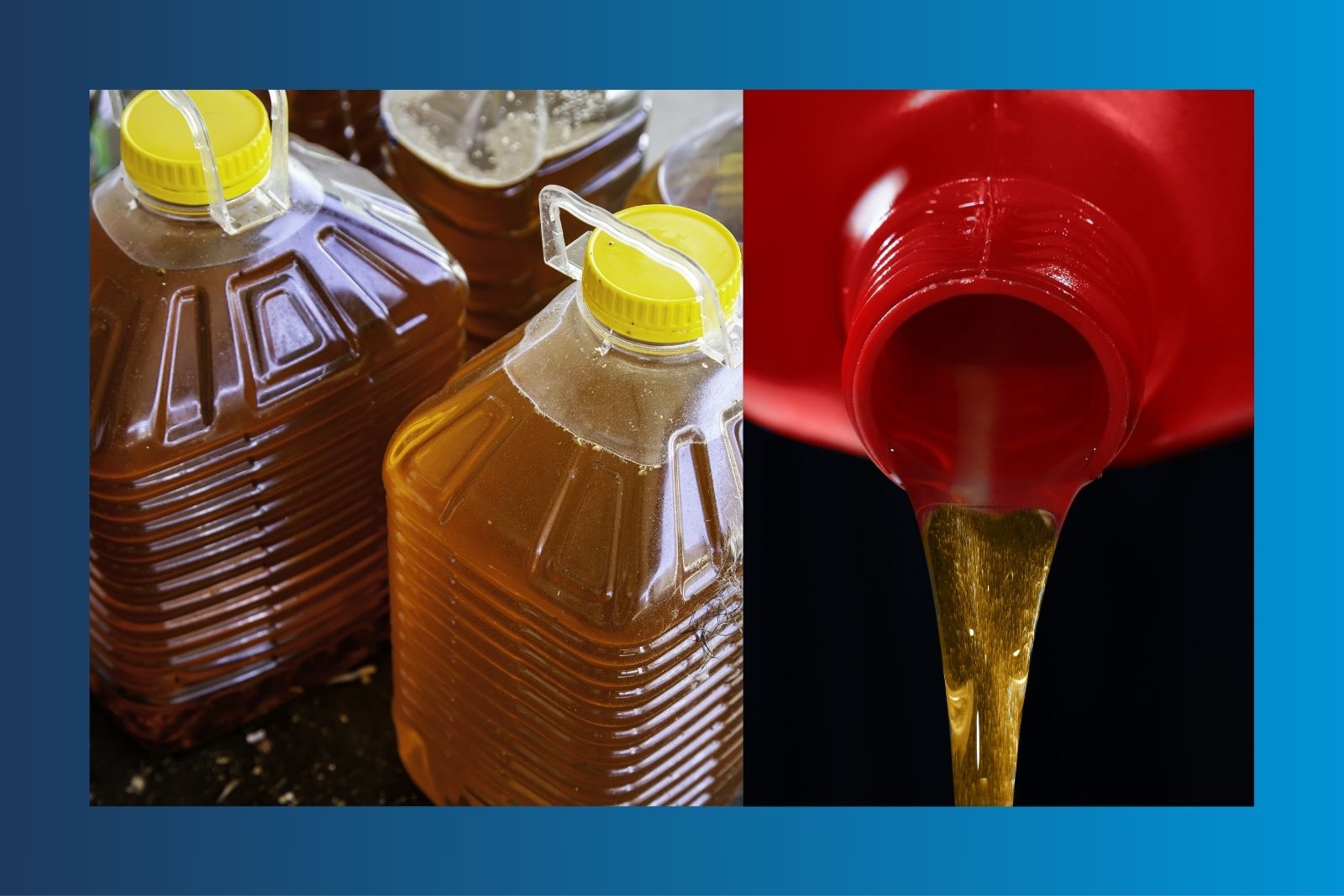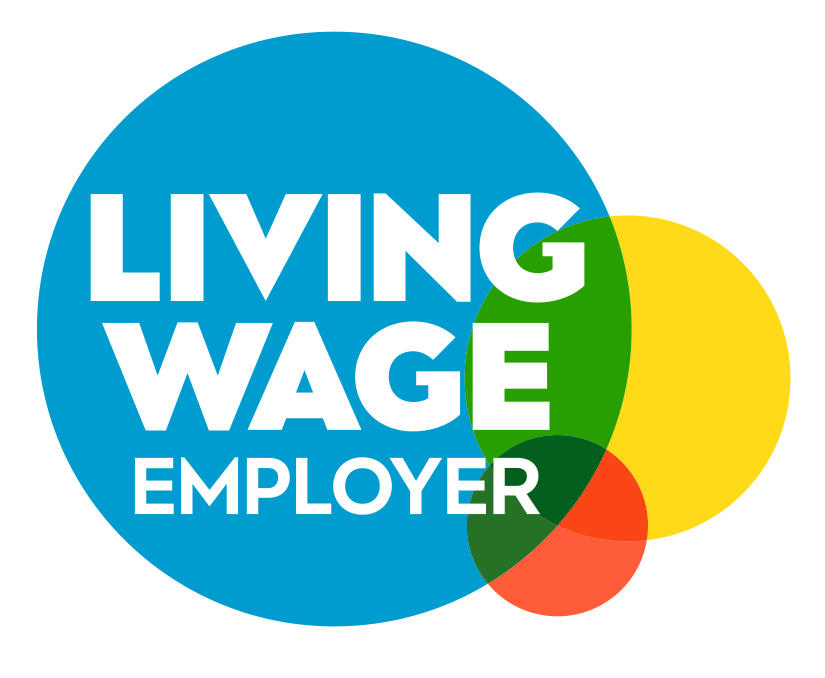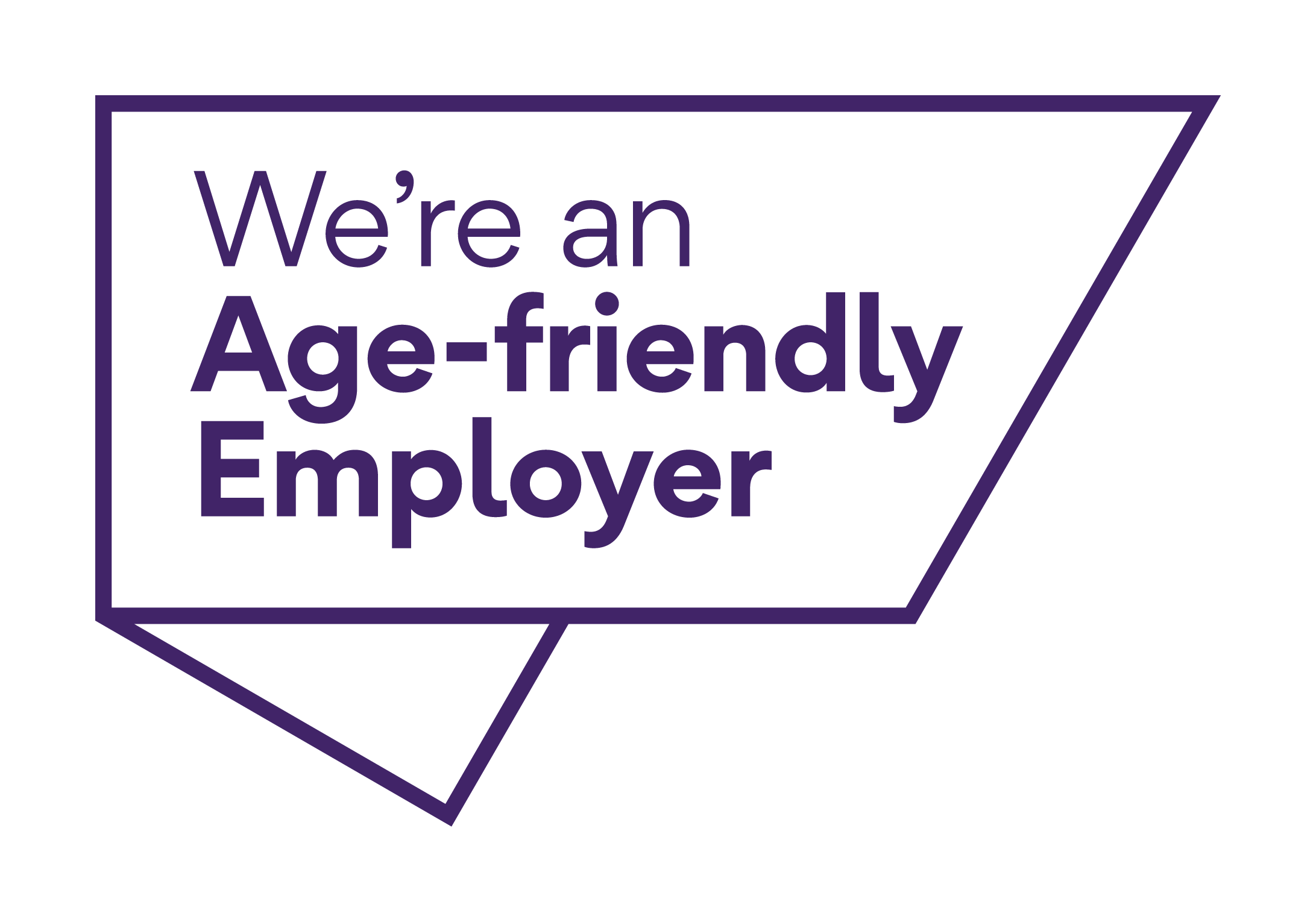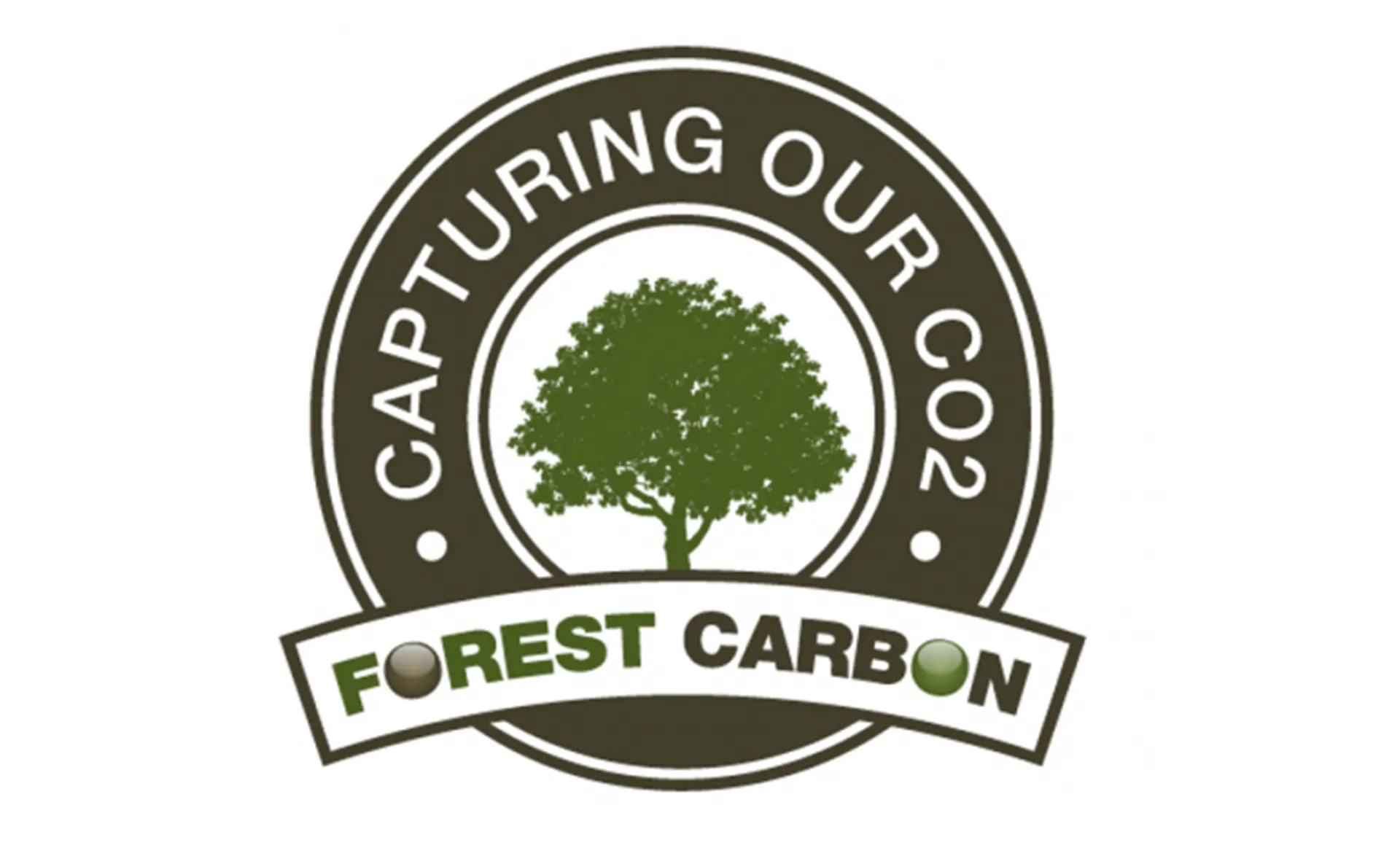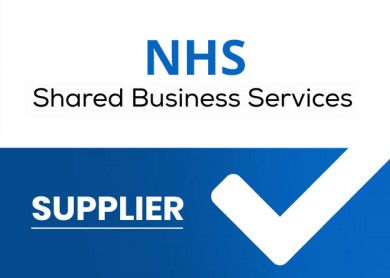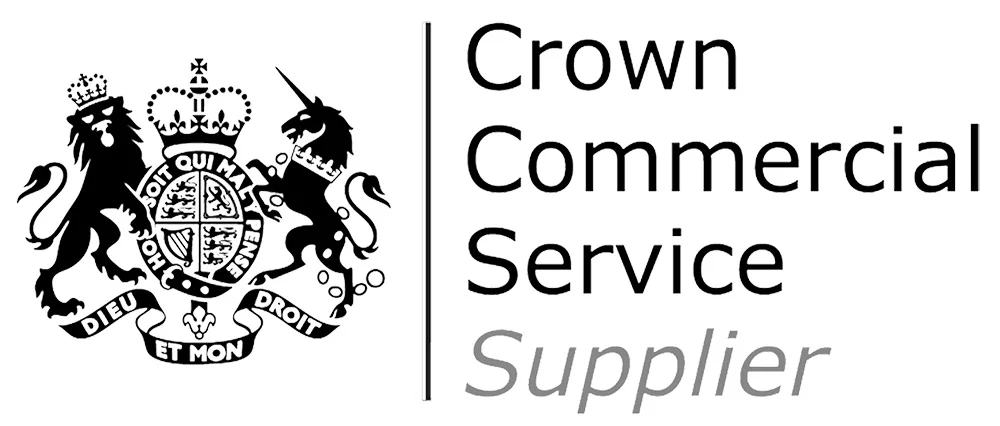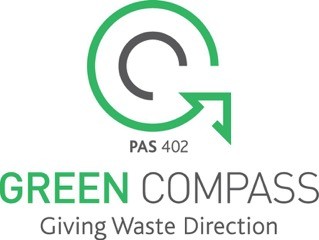By law, UK businesses must store and dispose of oil in a safe manner. By utilising a collection provider such as Fresh Start Waste, you will ensure compliance as well as having peace of mind that you are working with a reliable, carbon conscious waste collector.
Whatever oil your business produces we can help with recycling and disposal in a complaint way.
We provide your business with oil storage containers, regular waste collections and safe disposal and recycling of your waste oil.
If you’re looking for a reliable, accredited and fully licenced waste collection provider for your waste oil collection and recycling contact Fresh Start Waste and we will arrange a free quote.


